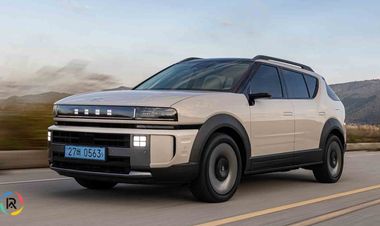Sweden, Europe - SSAB AB., a steel manufacturer, and Financiere SNOP Dunois S.A., an automotive company, have established a long-term partnership for the supply of fossil-free steel, aiming to help Snop reduce the CO2 footprint of its products and achieve a 30% reduction in CO2 emissions by 2030.
Mr. Pierre Mainguy, Purchasing Director at Snop, said, “We are delighted to have signed this agreement with our partner SSAB. Achieving our objective of reducing our CO2 emissions by 30% before 2030, and to be net zero in 2050, is a must for us, for our industry, and for the preservation of our planet. We know that to achieve it, we can count on SSAB, which is a major player in the decarbonization of the steel industry.”
Mr. Huy Nguyen, Sales Director at SSAB Europe, said, “We are pleased to support Snop’s sustainability goals in the automotive industry in delivering the tough CO2 reductions that both producers and consumers require for more sustainable cars. The virtually fossil emission-free steel we produce retains its high quality, but its climate impact is significantly lower compared to steel based on traditional blast furnace technology. This helps to reduce our customers' carbon footprint and provides a competitive advantage in the market.”
This agreement strengthens the long-standing partnership between Snop and SSAB, focusing on all aspects of the development chain from sales to production. SSAB aims to reduce global CO2 emissions by transforming steel production, creating a fossil-free value chain with partners, whether using scrap or iron ore.
In 2021, SSAB produced the world’s first fossil-free steel using HYBRIT technology, which replaces CO2 emissions with water as a by-product. Since then, pilot deliveries have been made to various industries. Once available commercially, SSAB aims for its fossil-free steel to have CO2 emissions below 0.05 kg CO2e/kg steel across Scope 1, 2, and upstream Scope 3.







